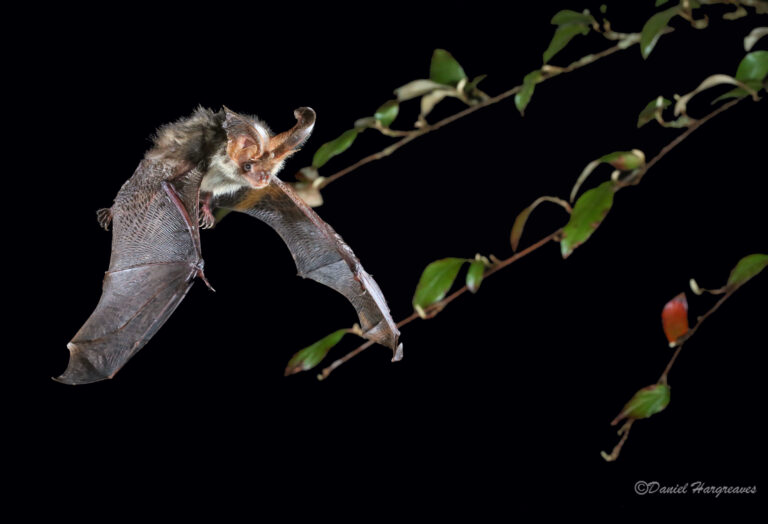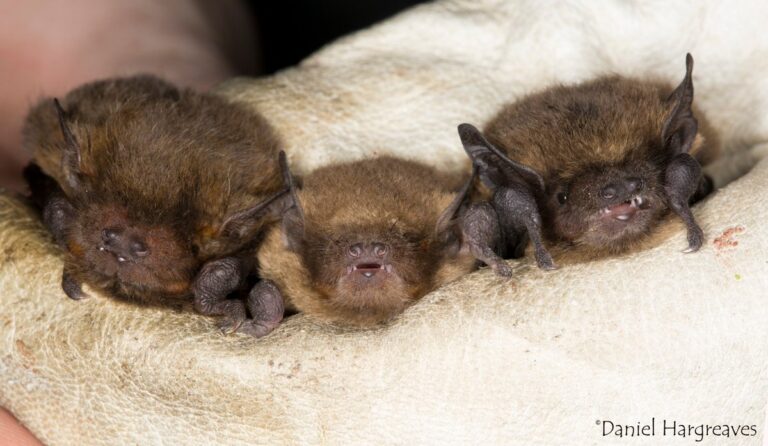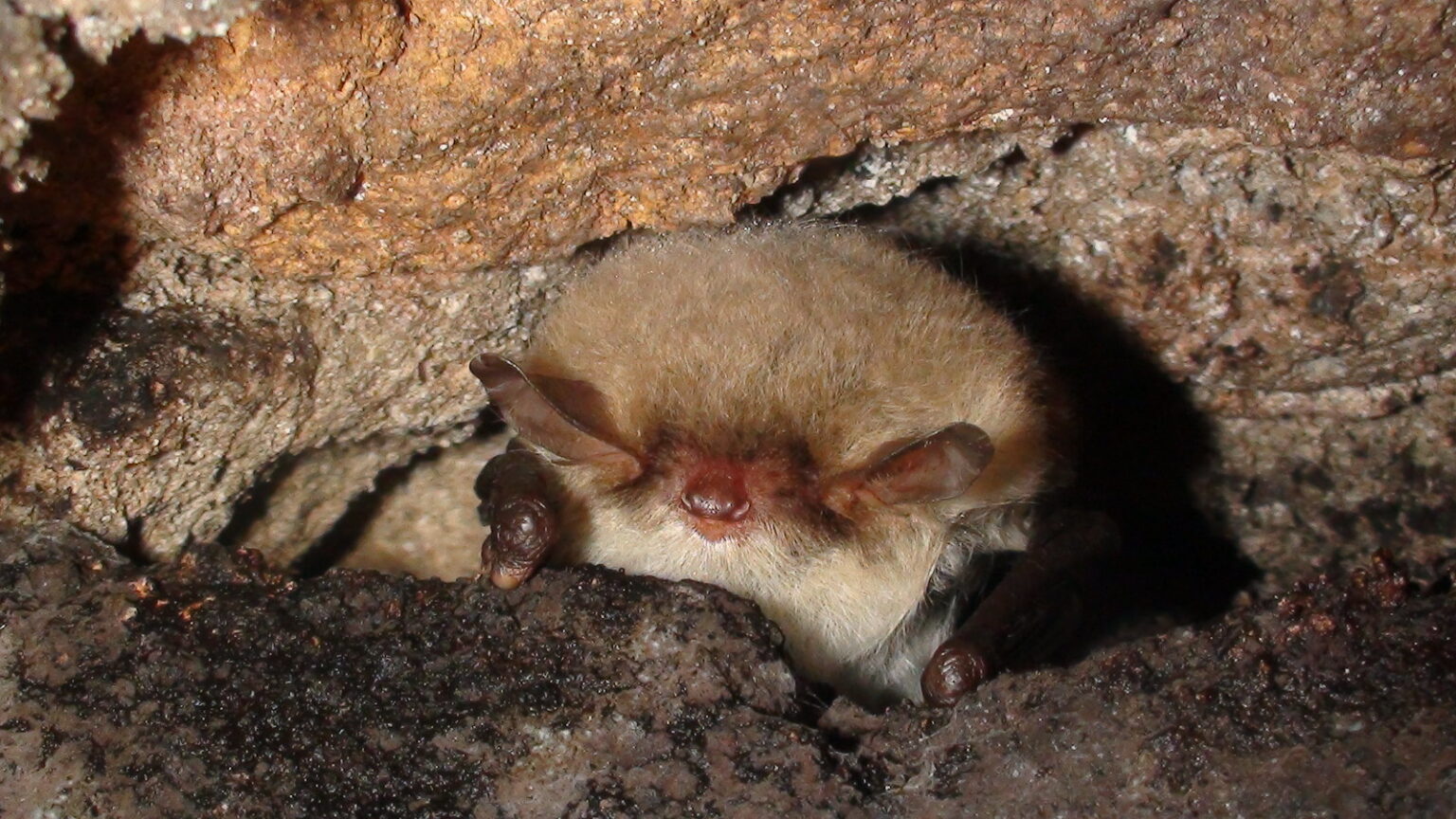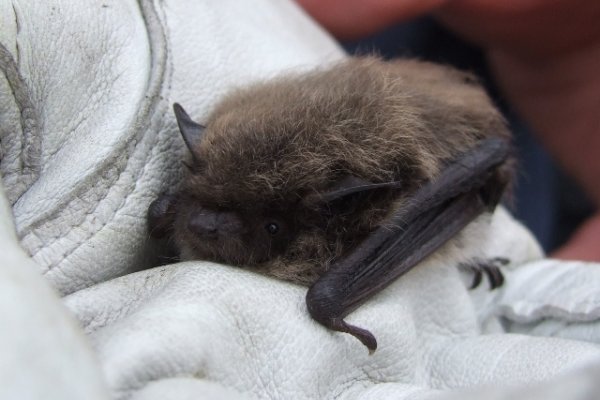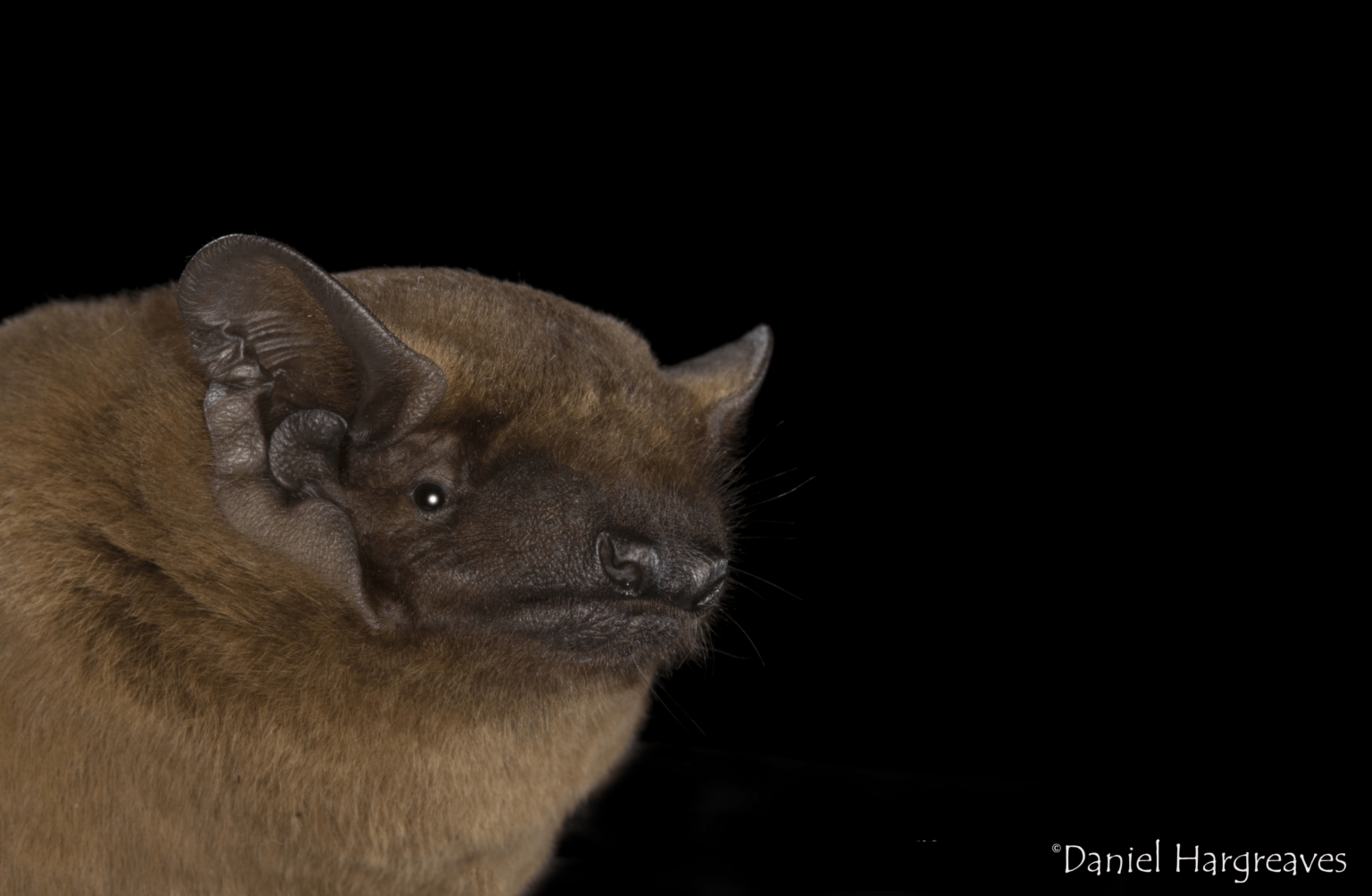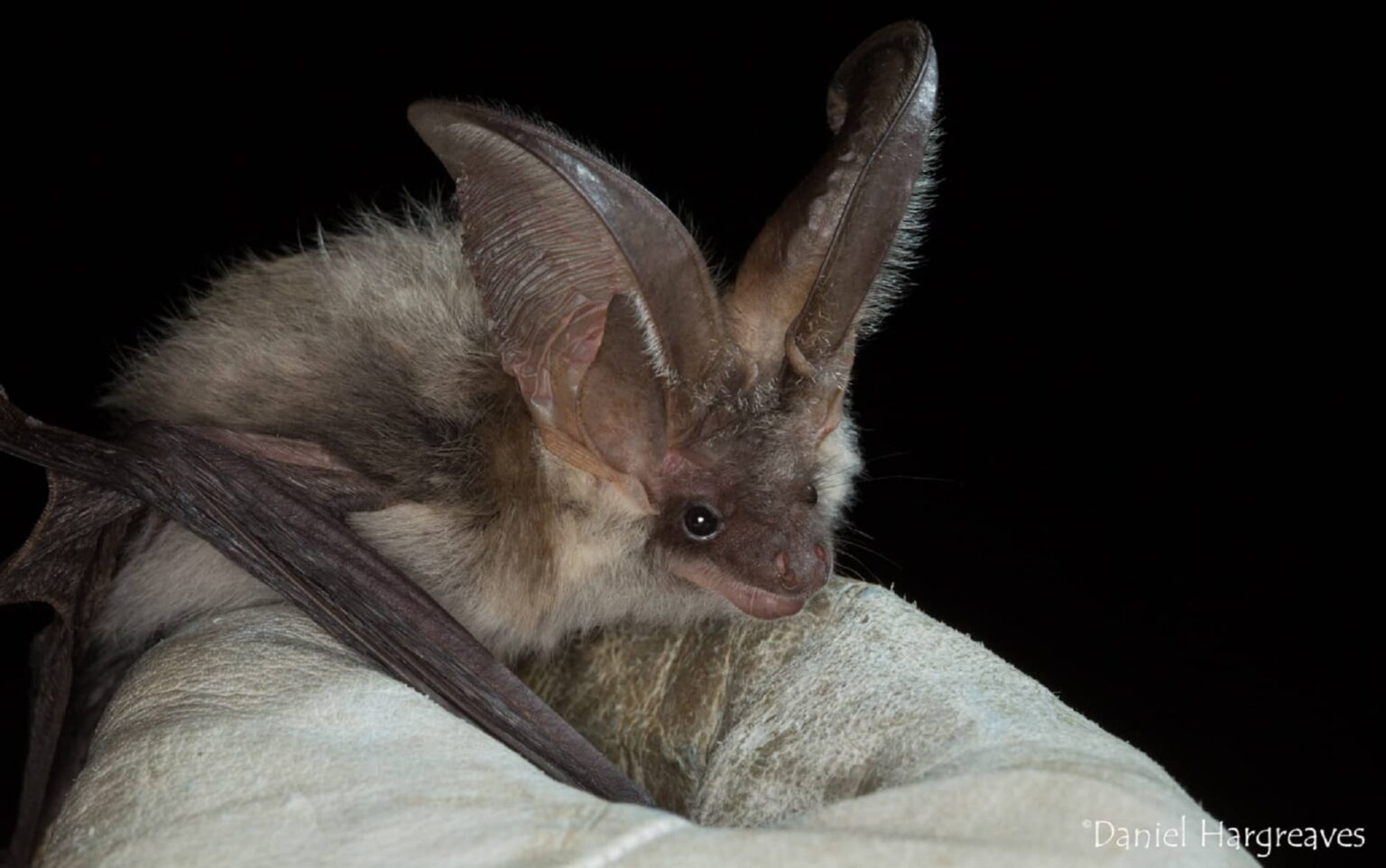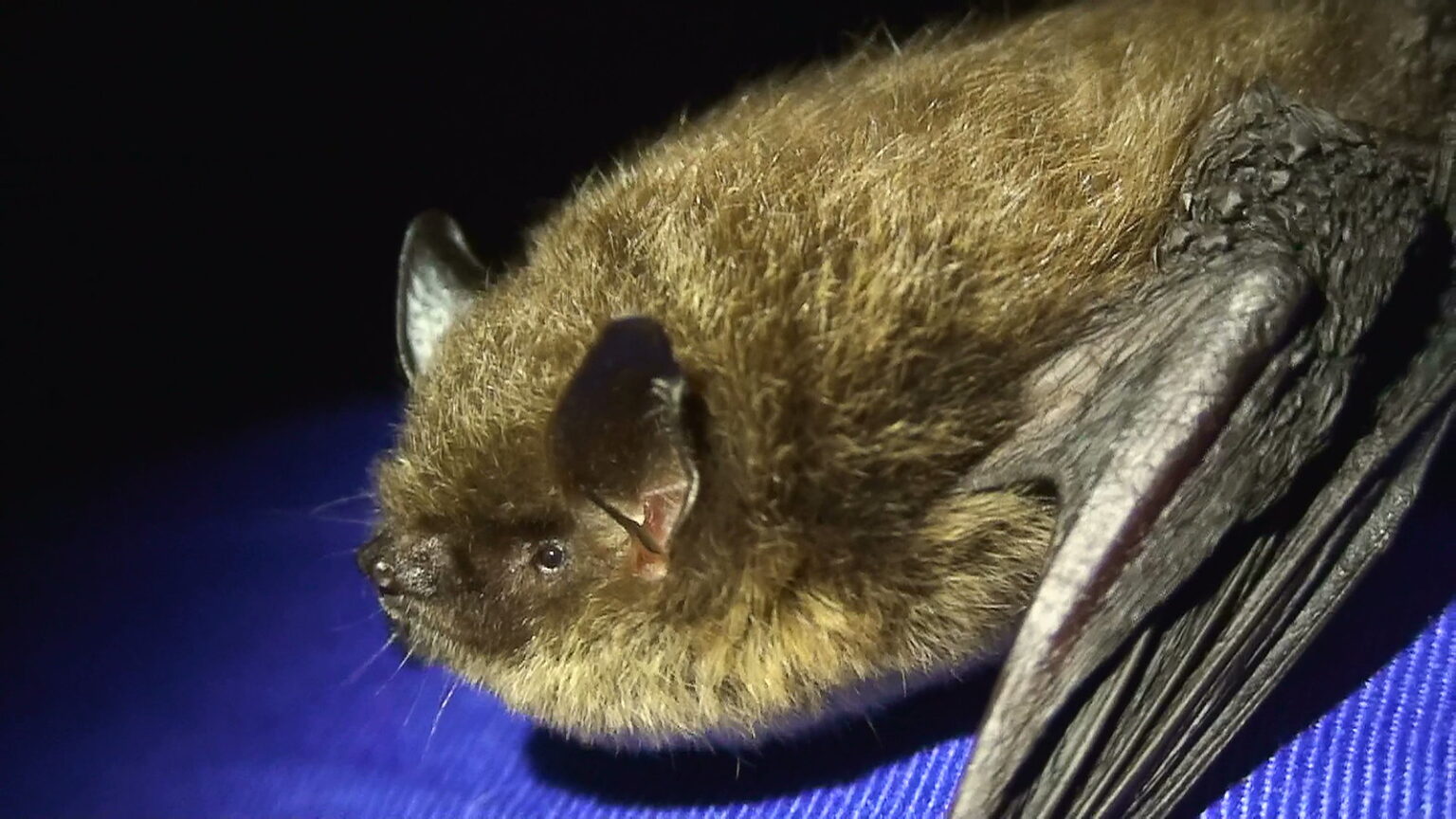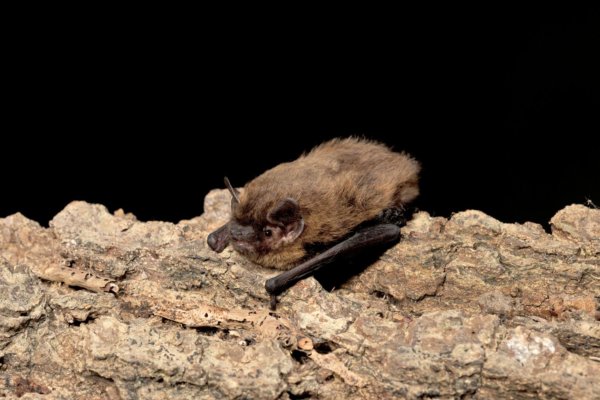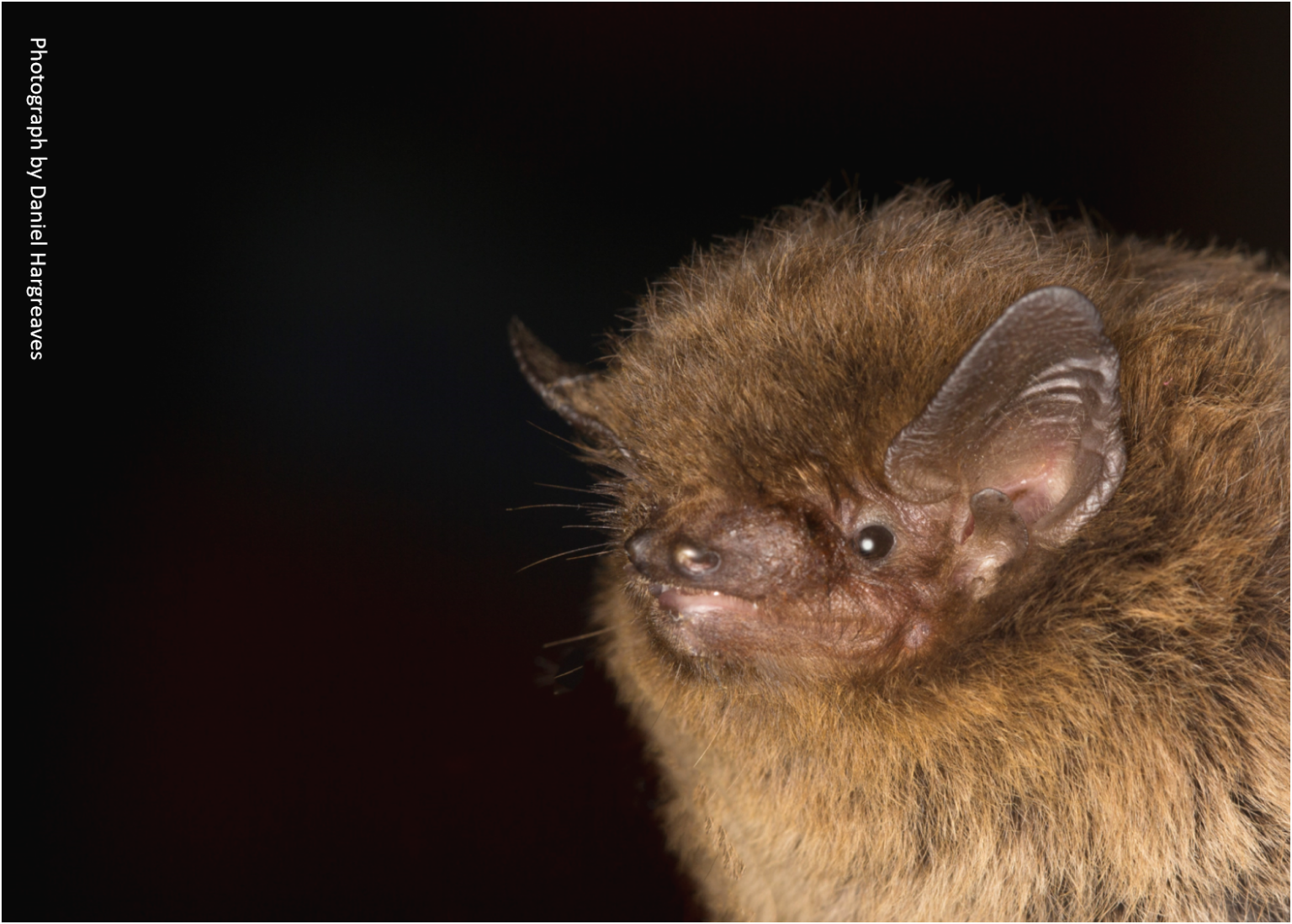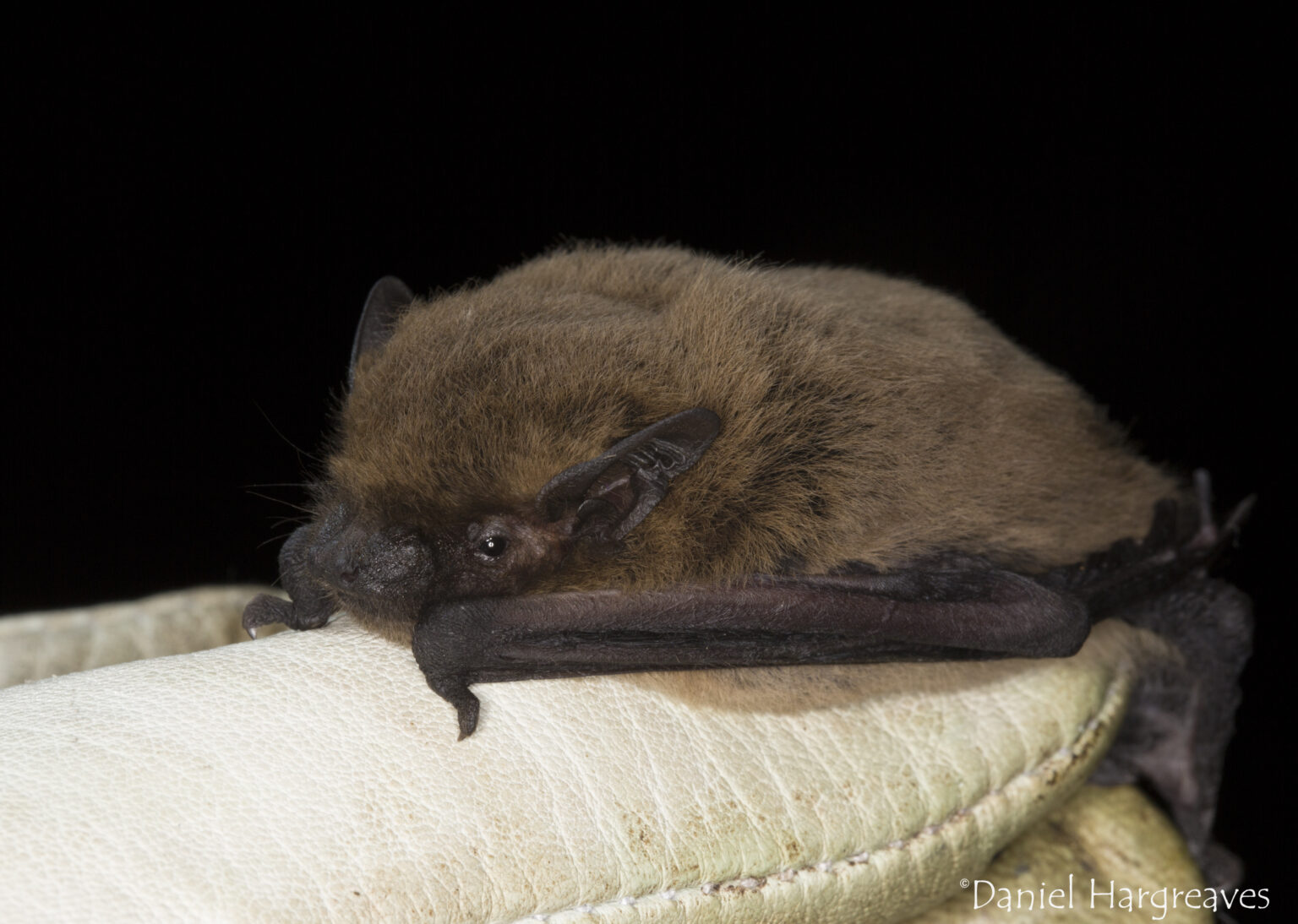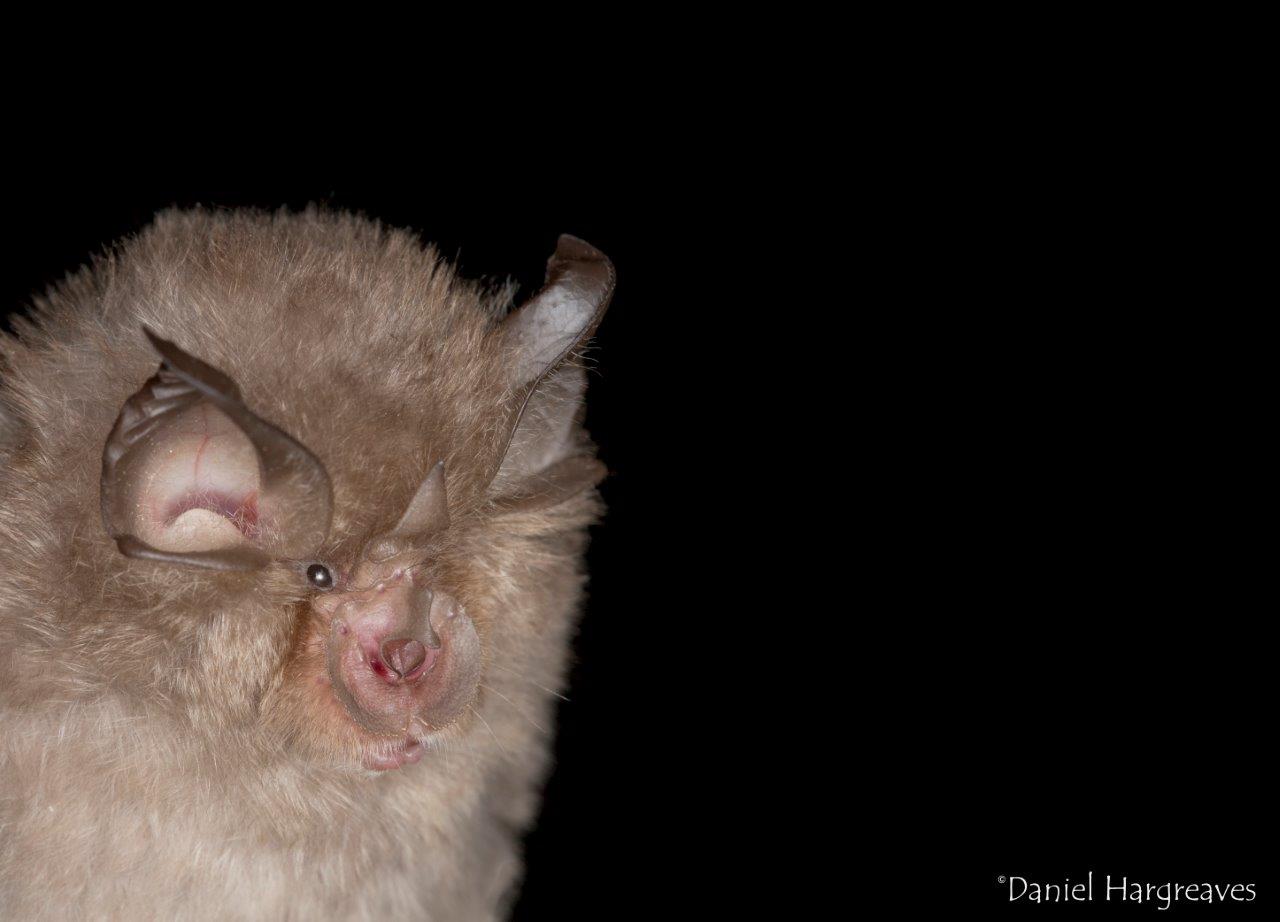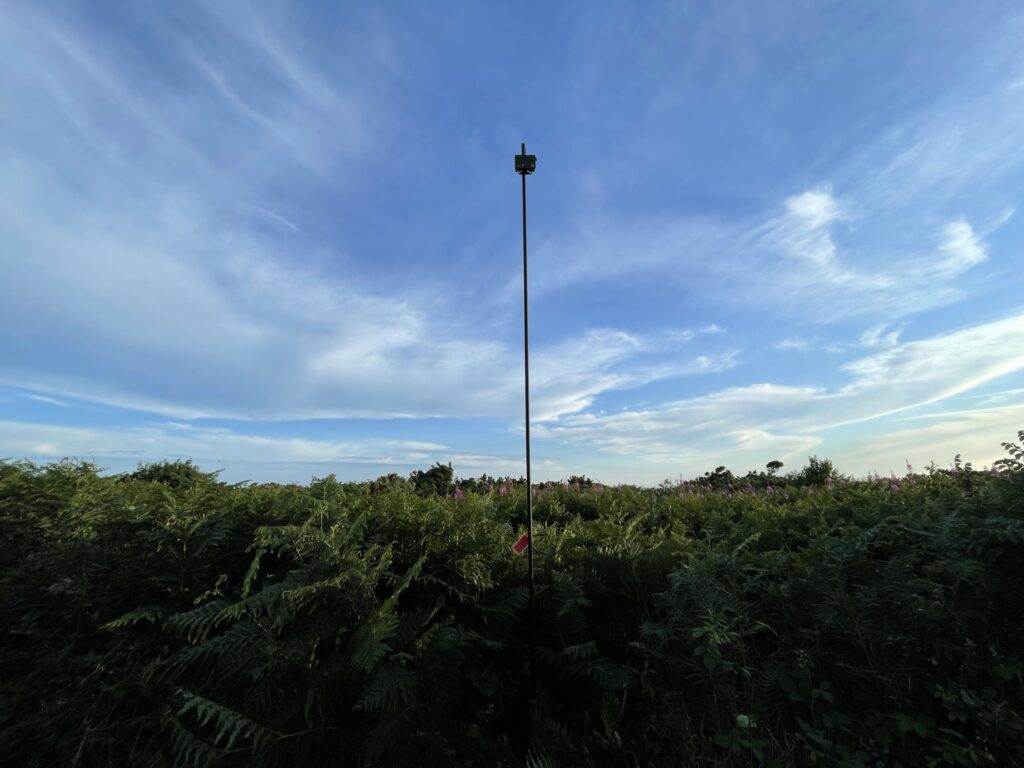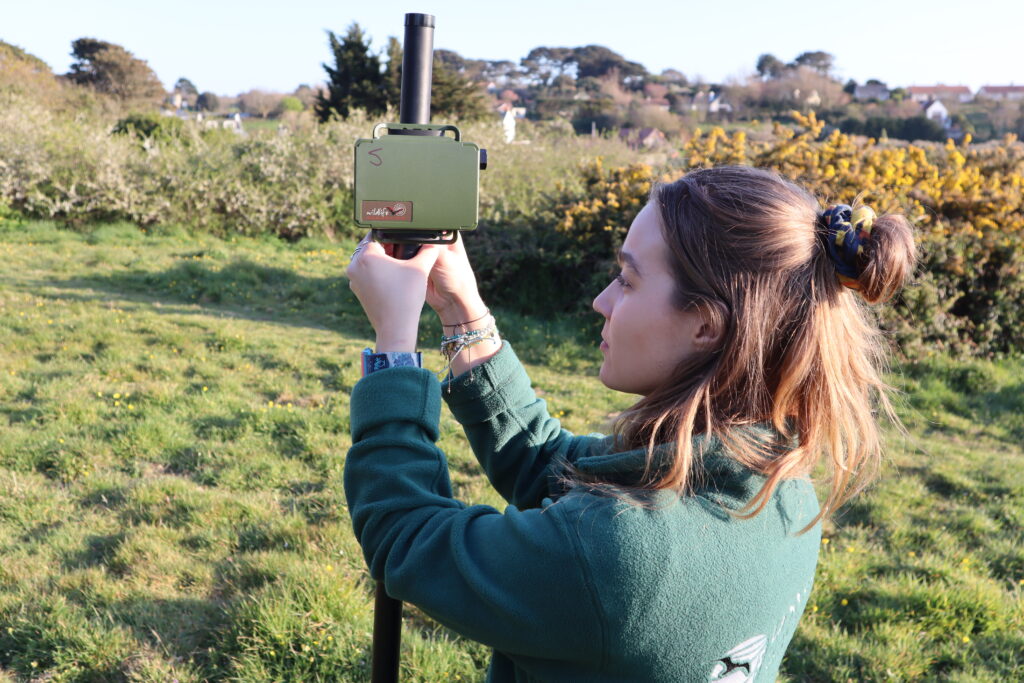Read the final results of the 2021 – 2024 Bailiwick Bat Survey
2021 - 2024 Bailiwick Bat Survey Report
Over four survey seasons, from 2021 to 2024, 2,364 different locations across the Bailiwick of Guernsey were surveyed. Recording was undertaken on 879 different nights mainly between April and the end of October in each year, amounting to a total of 9,426 nights of recording effort across sites.
Overall, 16,192,045 five second triggered recordings were collected which, following analyses and validation, were found to include 4,019,529 bat identifications and 35,354 small terrestrial mammal identifications. There were also over 8 million identifications of bush-crickets as ‘by-catch’, for which we report species presence on a site and night basis.


